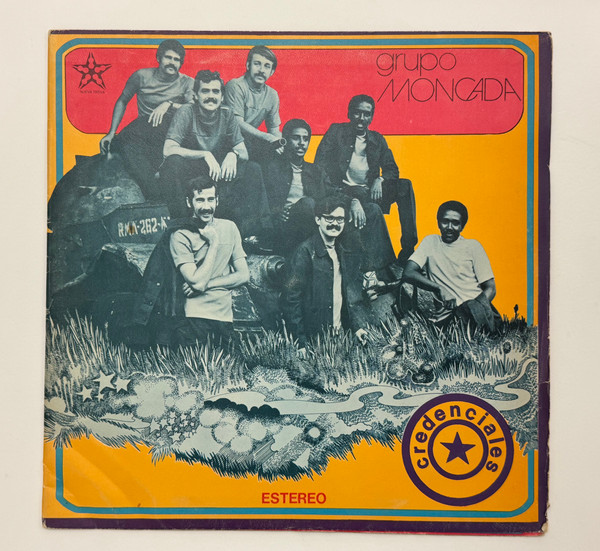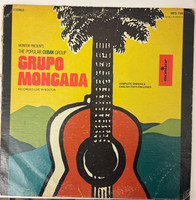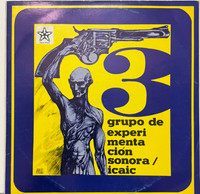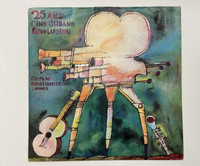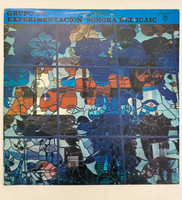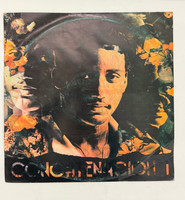- Travel
-
Exhibits
- women's Exhibit 1
- José Fuster
- La Portada Cubana
- Immortal Cuba: Artists Take on Their Heroes
- Seattle Poster Exhibit
- Sandra Dooley & Alejandrina Cué
- The Art of Wayacón
- Cuban Folk Art
- Cuba In Black And White
- 25 Years of Cuban Art Space
- Summer Folk Art Expo
- ¡SPRING AWAKENING FROM CUBA!
- Celebrating The Art Of Cuban Women
- Celebrating Paper, Affordable Art from Cuba
- Art of the Revolution
- Outsider Art
- Lost and Found
- En la lucha: Celebrating Cuban Women and Their Art
- Cuban Art Stash
- 100 Fires: 5 Cienfuegos Artists' Work on Paper
- Waya + Monte! Magic Realism in Cienfuegos
- Viva Cuba Viva! Poster Show
- Cultivando Sueños
- Black Lives Matter in Cuba Jan 9-March 27
- Leandro Soto: Crónicas visuales
- Cuban Canvas
-
Archive
- Global Reflection 2018: Spirit and Community
- Exhibit in the cloud: Contemporary Works on Paper
- MADE IN CUBA! MINNEAPOLIS EXHIBIT
- Cuban Posters and Photography from CCS collection
- AUTUMN SALE! Sept/Oct 2017
- SPRING ARTS AND CRAFT SALE
- Vuelo Directo/Non Stop: Alberto & Alejandro Lescay
- The Many Faces of Fidel
- Somos
- Made in Cuba!
- The US empire in Cuban graphics
- Made in Cuba/Seattle exhibit
- Entre Nos
- Looking Back
- Cuban Art Space
- Membership/Donate
- About Us
- Cuba News
-
Grupo Moncada is an album by the Cuban nueva trova ensemble Grupo Moncada, released on EGREM's Areito label as part of the "Credenciales" series showcasing Cuban music. Named after the Moncada Barracks whose assault on July 26, 1953 launched the Cuban Revolution, Grupo Moncada became one of the most important nueva trova groups, combining traditional Cuban musical forms with contemporary political consciousness and poetic lyrics that addressed social justice, Latin American solidarity, and revolutionary themes.
Cover designer and illustrator Pablo Labañino employs a dramatic composition with vibrant golden-orange color fields. A central black and white photograph by Fernando Gómez shows a smiling group member standing in grassland, while Labañino's stylized illustrations frame the scene—hand-drawn grasses, clouds, and organic shapes rendered in blue-gray and black tones create a naturalistic border effect suggesting the Cuban countryside. A prominent red star appears in the upper right corner, symbolizing revolutionary commitment. The "credenciales" logo (featuring a star within concentric circles) appears in the upper left, identifying this as part of EGREM's important series documenting nueva trova and politically engaged music.
The detailed track listing reveals Grupo Moncada's commitment to pan-Latin American musical solidarity:
Cara A:
- "Credenciales" (Text: version of poem by Héctor de Arturo, Music: Grupo Moncada)
- "Son Venezolano" (Text: Nicolás Guillén, Music: Grupo Moncada)
- "Caimán en el Guayabal" - Son anónimo, version by Grupo Moncada based on folklore from Isla de Pinos
- "Chile" (Text: Nicolás Guillén, Music: Grupo Moncada)
- "En busca de la vida" (Grupo Moncada)
- "Elegía" (from "Canción del Moncada," Grupo Moncada)
Cara B:
- "La mujer hoy" (Women Today - Grupo Moncada)
- "Las tristes herramientas del recuerdo" (The Sad Tools of Memory - Music: Grupo Moncada)
- "El pasito 'e la bibiagua, señores" - Grupo Moncada version of folklore from Isla de Pinos
- "Huaynos" (Instrumental) - Andean folk music
- "Chamamé a Cuba - Prisioneros del penal de Rawson, Argentina" (Argentine chamamé dedicated to prisoners)
- "Por todas esas cosas" (Text: Héctor de Arturo, Music: Grupo Moncada)
Particularly significant is "Chamamé a Cuba - Prisioneros del penal de Rawson, Argentina," which demonstrates Grupo Moncada's solidarity with political prisoners held by Argentina's military dictatorship. The Rawson Prison in Patagonia held many leftist political prisoners during Argentina's "Dirty War," and this track represents Cuban artists' commitment to highlighting human rights abuses across Latin America.
Produced by Germán Pinella and recorded by engineer Pedro A. Téllez at EGREM studios, the album showcases the technical excellence of Cuban recording facilities. The red Areito label features the distinctive Taíno mask logo and proclaims "LA MUSICA CUBANA ALREDEDOR DEL MUNDO" (Cuban Music Around the World), emphasizing the international reach of revolutionary Cuban music. Grupo Moncada represented nueva trova's second generation, helping establish the movement as a pan-Latin American phenomenon addressing imperialism, social justice, and cultural identity.
-
-
Discover More at the Center for Cuban Studies

